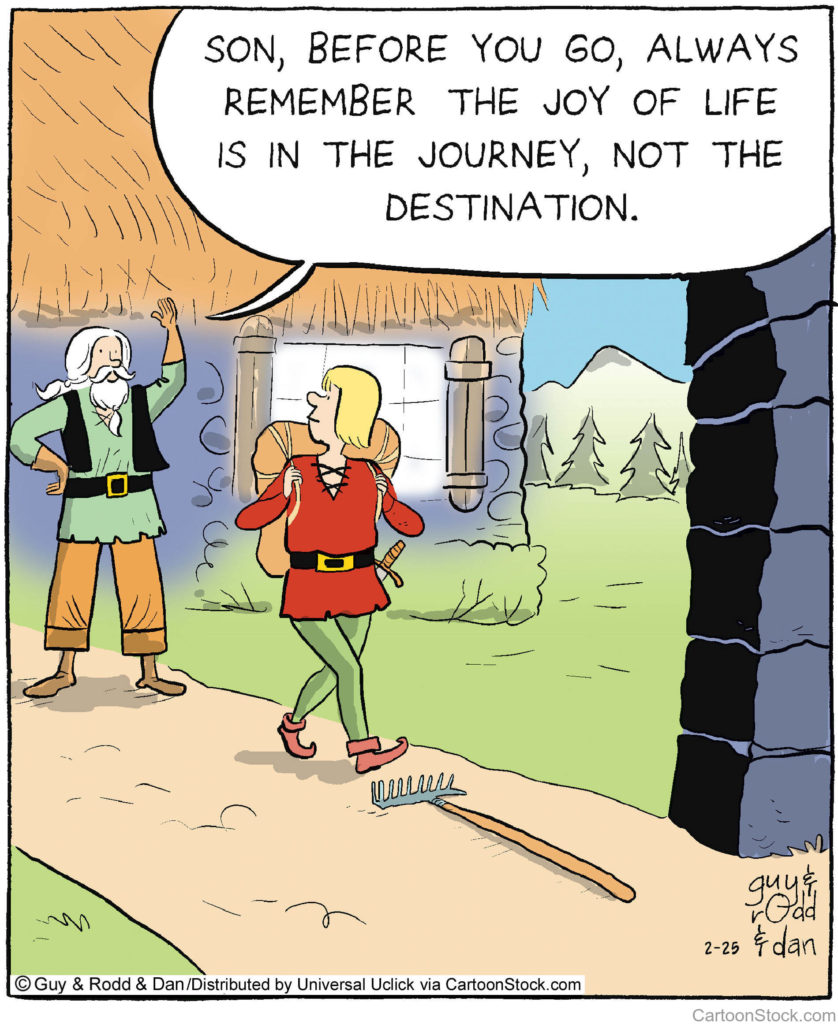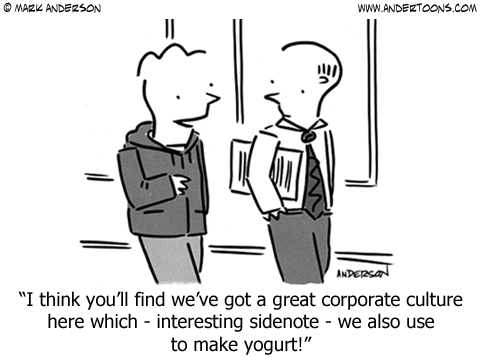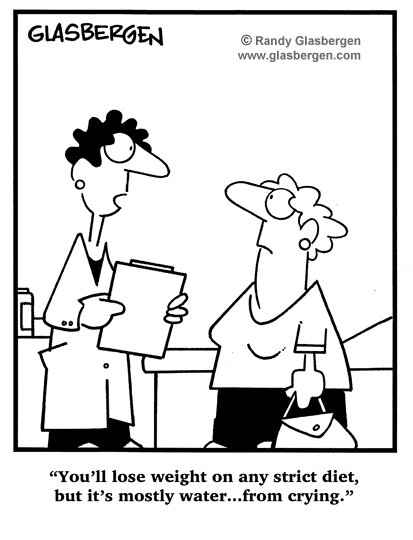 In an interview with Vanity Fair, former president Obama said, “You’ll see I wear only gray or blue suits. I’m trying to pare down decisions. I don’t want to make decisions about what I’m eating or wearing, because I have too many other decisions to make.”
In an interview with Vanity Fair, former president Obama said, “You’ll see I wear only gray or blue suits. I’m trying to pare down decisions. I don’t want to make decisions about what I’m eating or wearing, because I have too many other decisions to make.”
He went on to explain that, as Commander in Chief, the act of making a decision, especially minor ones, erodes your ability to make later decisions. Psychologists call it decision fatigue.
Decision fatigue is the deteriorating quality of decisions made by an individual after a long session of decision making. It is now understood as one of the causes of making bad decisions. For instance, judges in court have been shown to make poorer-quality decisions later in the day than they do early in the day. Decision fatigue explains why shopping for groceries can be so exhausting and may adversely affect our ability to make more important decisions.
Here are some ideas to think about.
Make a few major decisions that will preempt having to make multiple minor decisions.
Obama made a major decision—wear only gray or blue suits—which eliminated the need to make wardrobe decisions every morning. Private schools often facilitate the same advantage by requiring students to wear uniforms. Steve Jobs limited his wardrobe to bluejeans and a black turtleneck shirt.
About eight years ago I made a major decision to limit my personal belongings to fewer than 100 items. (See my post titled Enough is Enough.) I currently have 85 objects. This self-imposed restriction has opened up a new space in my life. I seldom go shopping (saving time), I am immune to advertising and marketing ploys (saving mental energy), and I spend very little money on stuff. This one major life-decision eliminates the need to make many smaller decisions. (And it helps me avoid these extremes: The average woman makes 301 trips to the store annually, spending close to 400 hours a year shopping. This amounts to 8.5 years spent shopping during a typical lifespan (NY Daily News). Americans spend more on shoes, jewelry, and watches ($100 billion) than on higher education (Psychology Today).
Notice how these major decisions would simplify your life.
-
- My family and I are going to be active in a local church.
- I’m not going to eat processed food.
- I’ll check my email only four times a day.
- My expenses will not exceed my income.
Focus on important decisions.
By limiting his wardrobe choices, Obama could concentrate on more important decisions—responding to the latest threat from Kim Jong-un, or helping craft the Paris Climate Agreement.
Sometimes I catch myself obsessing over minor decisions, particularly monetary ones (I am frugal; sometimes to a fault). Recently, I wasted 20 minutes of my life choosing between different styles and prices of ink pens. I should have devoted that time to writing another blog post.
Some people expend more brain-resources selecting their lunch entrée than they do choosing and directing the topic of conversation around the table.
Identify and focus on major decisions; make minor decisions quickly or delegate them to someone else.
[reminder]What are your thoughts about this essay?[/reminder]

 Things won are done; joy’s soul lies in the doing. Shakespeare
Things won are done; joy’s soul lies in the doing. Shakespeare




 Culture is the sum of the values, beliefs, and norms of behavior of a group of people.
Culture is the sum of the values, beliefs, and norms of behavior of a group of people. I am a Stoic by nature and by choice. I choose to view life, primarily, through the lens of rationality instead of emotionality. When reflecting on any given moment in time I am comfortable with the phrase “it is what it is.” So I seldom weep.
I am a Stoic by nature and by choice. I choose to view life, primarily, through the lens of rationality instead of emotionality. When reflecting on any given moment in time I am comfortable with the phrase “it is what it is.” So I seldom weep.